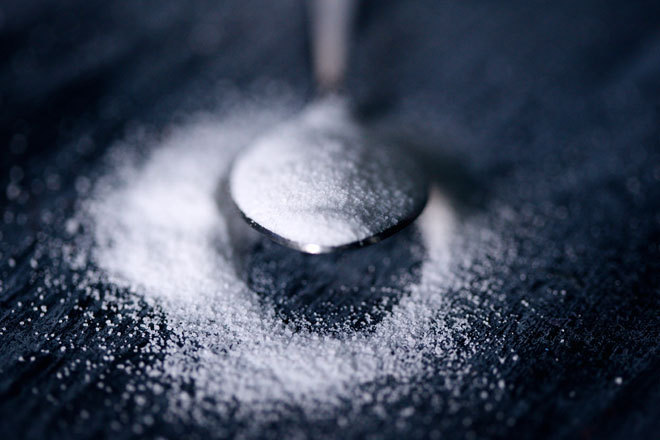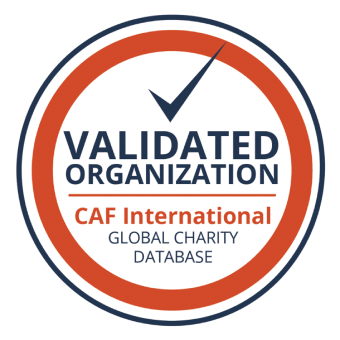The food industry extensively uses artificial sweeteners such as aspartame, acesulfame-K and sucralose to sweeten foods. They are added to flavoured yoghurts, low-sugar snacks, ready-to-go meals, and many more processed foods. It is estimated that aspartame is found in about 6000 food products worldwide. The widespread use of these low-calorie or no-calorie sweeteners and mixed results from experimental and epidemiological studies have fired up a hot debate questioning their safety and role in the aetiology of various diseases. As a result, the European Food Safety Authority and other health agencies are re-evaluating artificial sweeteners. Debras C et al., in their prospective study, specifically investigated the association between artificial sweetener intake and cancer risk. Data from the large-scale French population-based NutriNet-Santé study, a web-based cohort investigating the associations between nutrition and health, was used in this investigation. Enrollment for the NutriNet-Santé study started in 2009 and continues to date. Participants’ dietary intake was collected every six months by three non-consecutive web-based 24-hour dietary records, randomly assigned over 15 days and analysed by a trained nutritionist. Details on medical treatment were also similarly collected.
In this large cohort of 102,865 French adults, the study found that intake of artificial sweeteners (especially aspartame and acesulfame-K) was associated with increased overall cancer risk for higher consumers than non-consumers. More specifically, they found that aspartame intake was associated with increased breast and obesity-related cancer risks. The authors conclude that artificial sweeteners are not safe alternatives to sugar in foods and may represent a modifiable risk factor for cancer prevention.
To read more about this study, click here for the open access article.
Written by:
Dr. Sripriya Venkiteswaran (Ph D Nutritional Sciences)
Content Consultant: CICN
Source Article:
Debras C, Chazelas E, Srour B, Druesne-Pecollo N, et al. Artificial sweeteners and cancer risk: Results from the NutriNet-Santé population-based cohort study. PLoS Med. 2022 Mar 24;19(3):e1003950.





